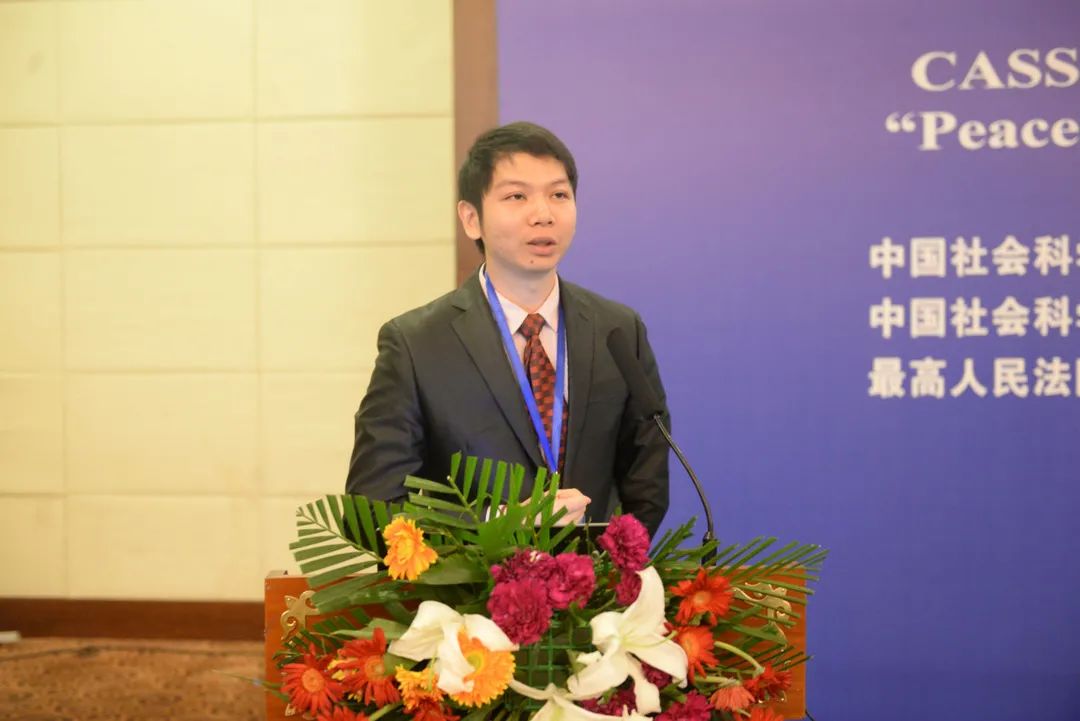
Abstract: In the early stage of Internet development, the main bases for countries such as the United States and European countries to exercise extraterritorial jurisdiction on the Internet were the "interactive" standard and the "intentional use" standard. Regulating states judge the degree of interactivity of Internet activities engaged by extraterritorial subjects and whether their behaviors are intentionally aimed at the regulating country and take such judgments as the legal bases for exercising out extraterritorial jurisdiction. However, the iterative development of cyber and information technology poses a challenge to the traditional concept of extraterritorial jurisdiction based on the principle of territoriality. The Internet of Everything promoted by cloud computing technology makes it difficult to apply the traditional "interactive" jurisdictional standard, while the phenomenon of "decentralization" makes the application of the "intentional use" jurisdictional method vague. In light of the internal logic of the development of cyber and information technology, the United States and European countries have explored and established internet extraterritorial jurisdiction standards that are characterized by goal-orientation, virtual contact and substantive connection. In practice, it is difficult to effectively judge the reasonableness of extraterritorial jurisdiction by relying solely on objectives, behaviors or structures. As a country with an extensive cyber presence, China should introduce the standard of "appropriate connection" in the extraterritorial application of cyber law, and realize the effectiveness of cyberspace governance through flexible selection of connection points and diversified application of jurisdiction principles, so as to safeguard China's sovereignty, security and development interests.
Keywords: technological change; cyber and information technology; extraterritorial jurisdiction; Proper connection
Authors: SUN Nanxiang, associate research fellow, CASS Institute of International Law; and LIU Yansha, graduate student, Law School of the University of CASS;
Source: 2 (2025) Journal of Jianghan University (Social Science Edition).



